Jon Anderson: the 10 records that changed my life
From Beatles to Bulgarians - the Yes man's life in melody

Introduction
“It’s melody,” says Jon Anderson. “It’s melody that joins everything.”
Yes’s founder and most notable frontman has always prized melody, even throughout that band’s most extreme experiments with the rock and pop music formula.
It was an obsession that begun with Elvis and The Beatles and took him to far-flung places around the world.
Melodically, we’re all connected. That’s why we love music so much. It’s part of our psyche
“If you listen to the melodies of The Beatles, it’s very, very celtic,” explains Anderson. “The celtic energy of their melodies made people all over the world love them - and if you listen to celtic music, you get the same melodies in China, you get the same melodies in Greece. It’s as if melodically, we’re all connected. That’s why we love music so much. It’s part of our psyche.”
Here Anderson picks his 10 life-changing records and simultaneously explains his metamorphosis from pop-obsessed teenager into one of the leading lights of progressive music.
Jon Anderson and Jean Luc Ponty’s new album with The Anderson Ponty Band, Better Late Than Never, is released on 25 September.
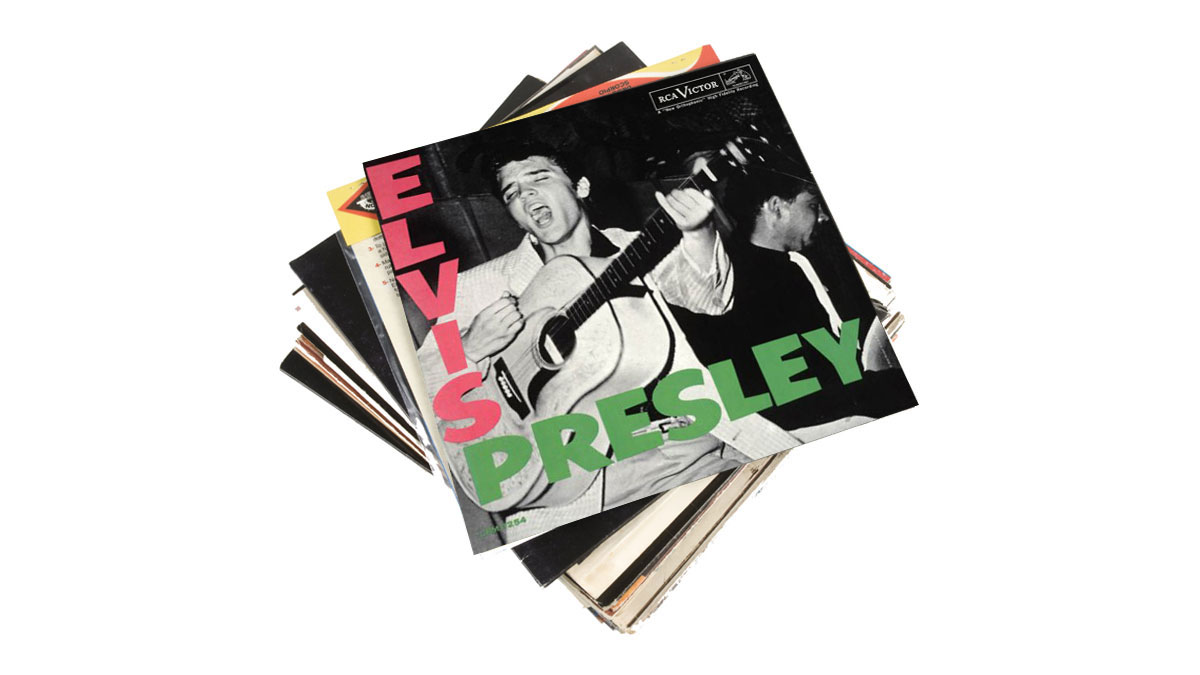
Elvis Presley - Elvis Presley
“The first record that got me excited about music was Elvis Presley’s first album. My brother bought it and I bought a single, I think it was Duane Eddy’s Rebel Rouser. Listening to that album throughout the summer of ’56, it was just too much. I was inspired, completely.
Listening to that album throughout the summer of ’56… I was inspired, completely
“My brother had a band in ’63 and the singer left the band to become a hairdresser and I thank him forever! They asked me would I join as the second singer, my brother was the singer and I was doing harmonies.
“Me and my brother worked on the local farm and we would sing Everly Brothers songs from morning until night while we were delivering milk. He asked me would I join and I said, ‘Yeah!’ I think the first song I ever did was Eddie Cochran’s Something Else.”
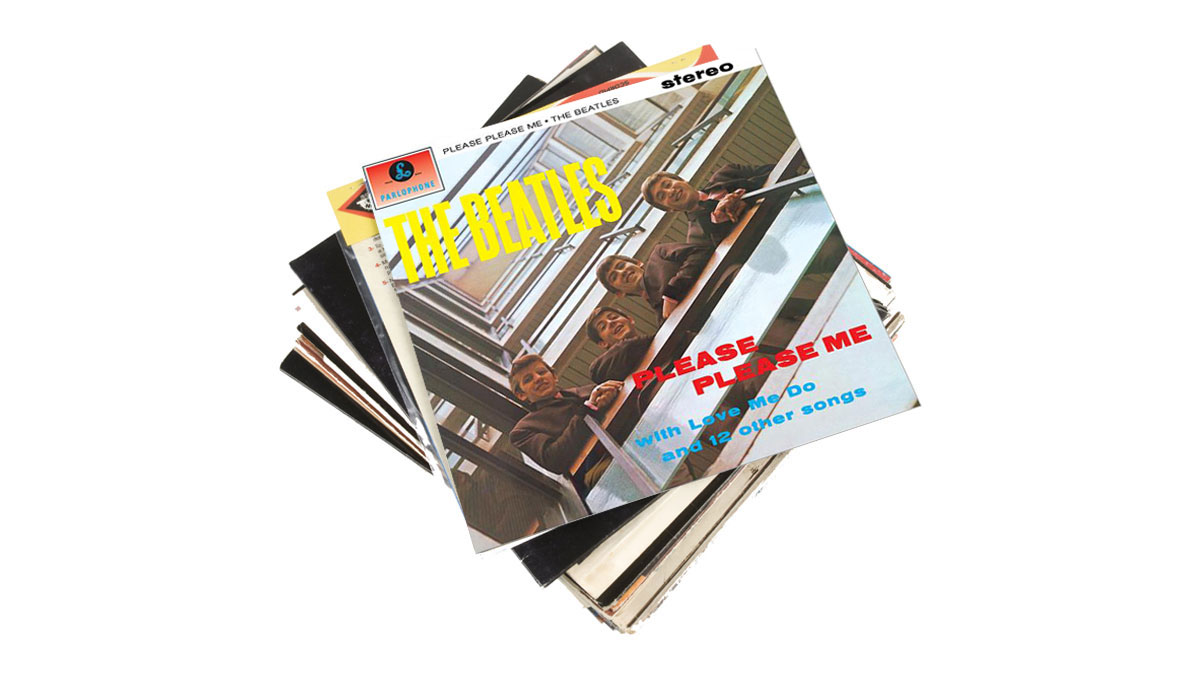
The Beatles - Please Please Me
“The next album that inspired me was The Beatles’ first album. We went to see the Beatles, before that was released, in Southport. And, god, it was like a revelation, of course.
It was like, ‘How could four people from Liverpool become famous?’
“It was like, ‘How could four people from Liverpool become famous?’ Usually they were sparkly people, pop people, all made-up in London. They were people like Cliff Richard and The Shadows. There wasn’t a band with two/three singers in from Liverpool, of all places! Before then you had to become famous in London before you became famous anywhere. It was unheard of.
“That opened the door and suddenly anyone from any town could make it in the pop world. Then all of a sudden you had The Hollies, The ‘Stones and The Animals. It was this incredible blast of energy.”
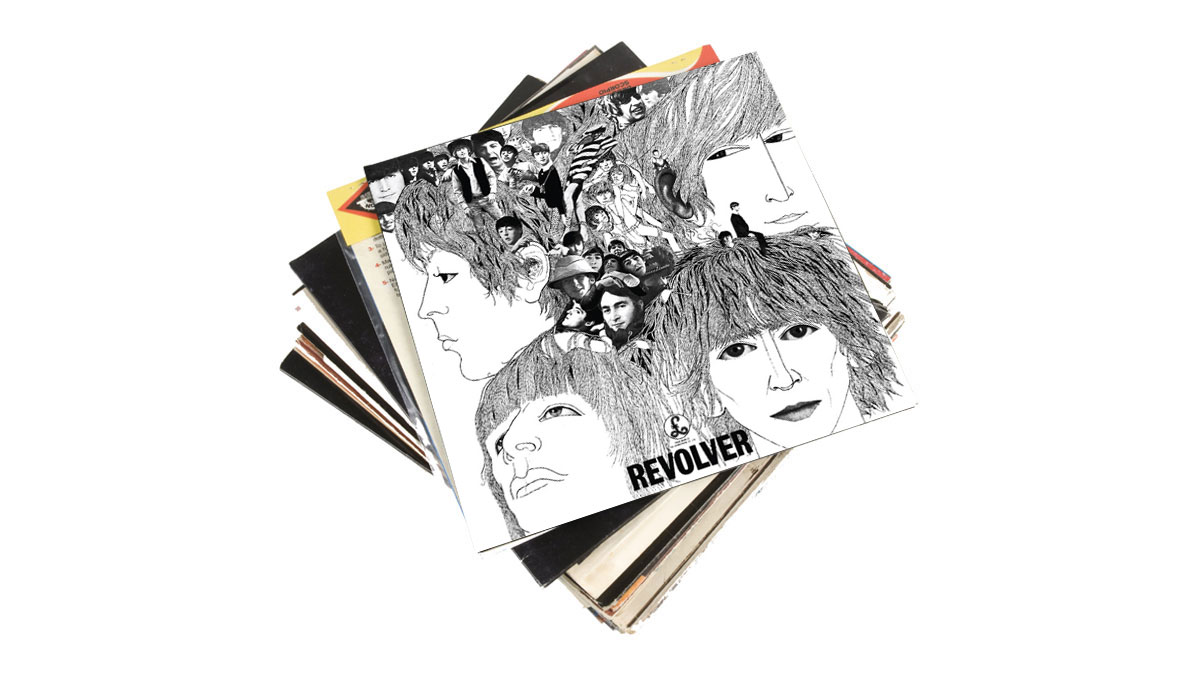
The Beatles - Revolver
“I was totally into The Beatles at that time, so I listened to everything they ever did. Revolver was amazing. Tomorrow Never Knows was just so surreal and that was a jump into psychedelic music that everybody just loved.
There were obviously great hits on it, but the album had so much more going for it
“My brother’s band were called The Warriors and we’d just gone on tour in Germany. We were following The Beatles trail. We’d just done gigs in Frankfurt and Munich and, of course, Hamburg and worked in the Top 10 club there and things like that.
“But when Revolver came out in ’66, there was something about it in that it wasn’t a pop album in the sense of ‘where’s the hit songs?’ There were obviously great hits on it, but the album had so much more going for it.
“That inspired me for the rest of my career: the idea that you don’t make an album with three hit records and the rest is just ‘stuff’. Which actually still happens quite a lot! That amazes me, because, for me, everything is important on an album.”
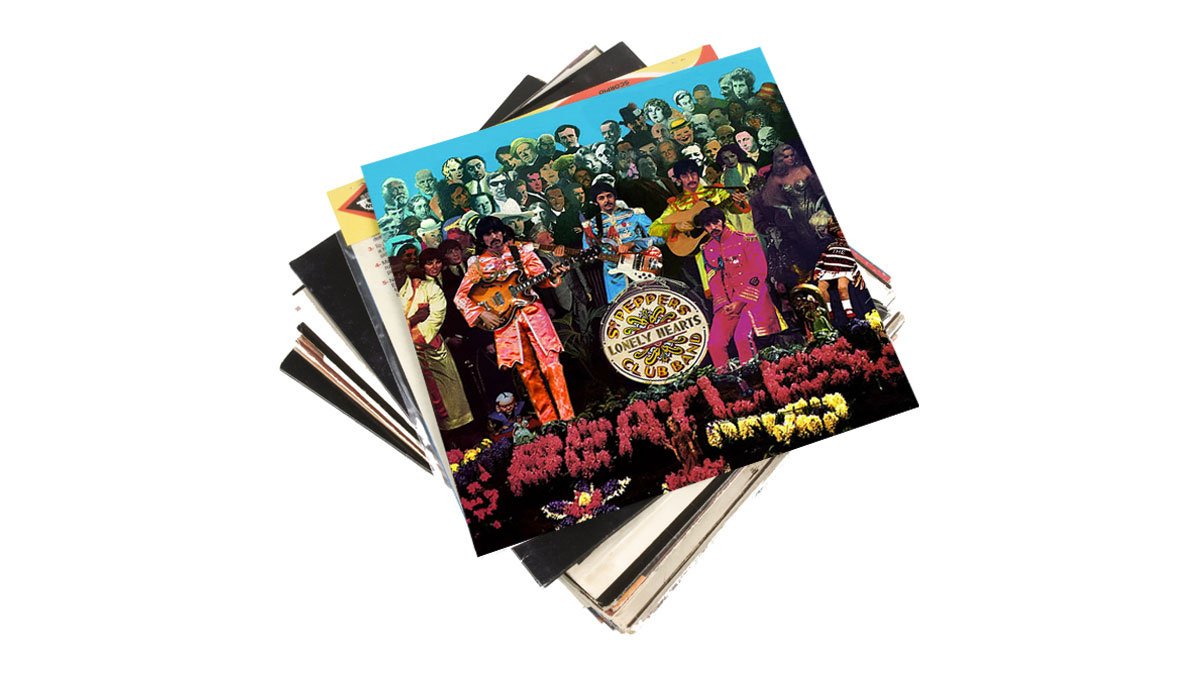
The Beatles - Sgt. Pepper's Lonely Hearts Club Band
“It was just that time of the 60s where there was music coming out and it was very, very revolutionary and different.
I met George Martin twice in the BBC elevator. It’s hard to speak to someone like that!
“At that time The Beach Boys had put out Pet Sounds, then Hendrix came out with his Are You Experienced?, but the moment of all things, of course, was when The Beatles came out with Sgt. Pepper.
“Everyone was thinking, ‘Well, where can they can go now?’ And then all of a sudden this extraordinary concept album came out. Again, it’s inspired me and millions of other musicians ever since.
“It was just the idea that a band could not tour and spend their time in the studio with a great man, in George Martin, [and produce something]. I met George Martin twice in the BBC elevator! [Laughs] I kept meeting him in the elevator and it’s hard to speak to someone like that!
“From that moment onwards, everything was up for grabs.”
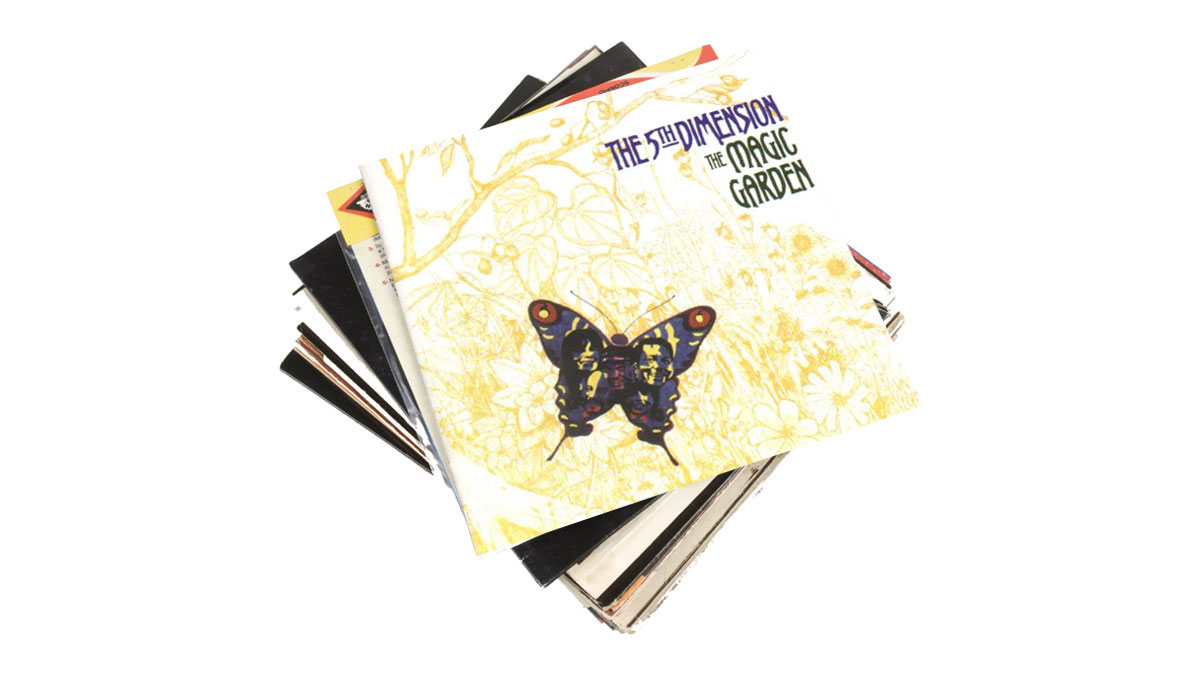
The 5th Dimension - Magic Garden
“Sgt. Pepper was the start of me beginning to think about more progressive music.
I read in the Daily Mirror, ‘Paul McCartney takes acid!’ I was like, ‘Of course!’
“I read in the Daily Mirror, ‘Paul McCartney takes acid!’ I was like, ‘Of course!’ [Laughs] I was in Hamburg and the first thing I did was go out and get some acid. I was like, ‘If he takes acid and writes what he writes and sings what he sings, I’ve gotta try that stuff!’
“From that moment on, I started hearing music in my head like crazy. It was as if my musical conscious just woke up. All of a sudden, I started listening to stuff in my head that was actually a little bit different than what I’d heard anywhere.
“At that time I remember being very engrossed in an album by the Fifth Dimension, especially by the writing of Jimmy Webb. When Yes started, we actually performed three or four of their tracks in our show. Here Inside My Paper Cup was one track.
“Jimmy Webb was very lucid as a writer and very influential lyrically. He was off the wall, but because of the melody he created, it didn’t matter.”
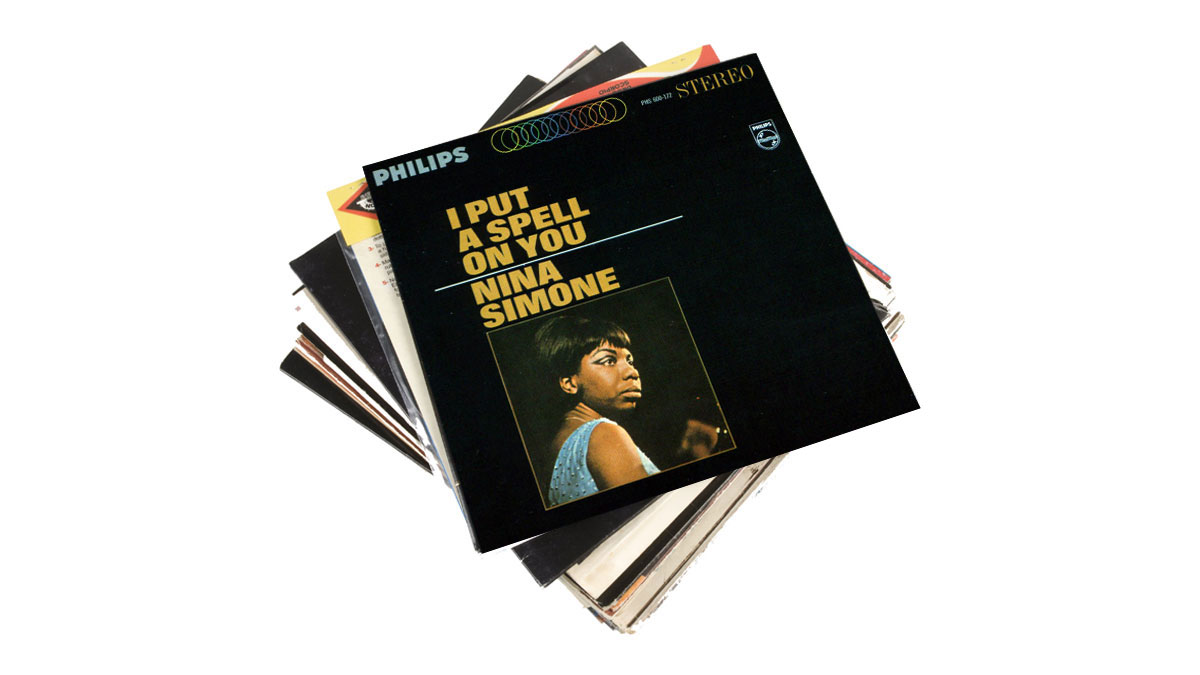
Nina Simone - I Put A Spell On You
“I think this is one of the most beautiful albums. A lot of it was live music. It was just like listening to a goddess, she was just on such a level. She was like a, ‘Don’t mess with me’-type person and it was really like, ‘Gosh, she’s climbing through the record!’
It was really like, ‘Gosh, she’s climbing through the record!’
“It made me re-think my own singing and writing. In those days, when people would ask me - when Yes became an entity in that late stage of the 60s - ‘Well, who inspires you?’ The first person was always Nina Simone.
“There was something very real about her. She had nothing to do with pop. Nothing to do with commerciality. She was a great jazz piano player, a great writer and a great emotional person. She was serious about being who she was.”
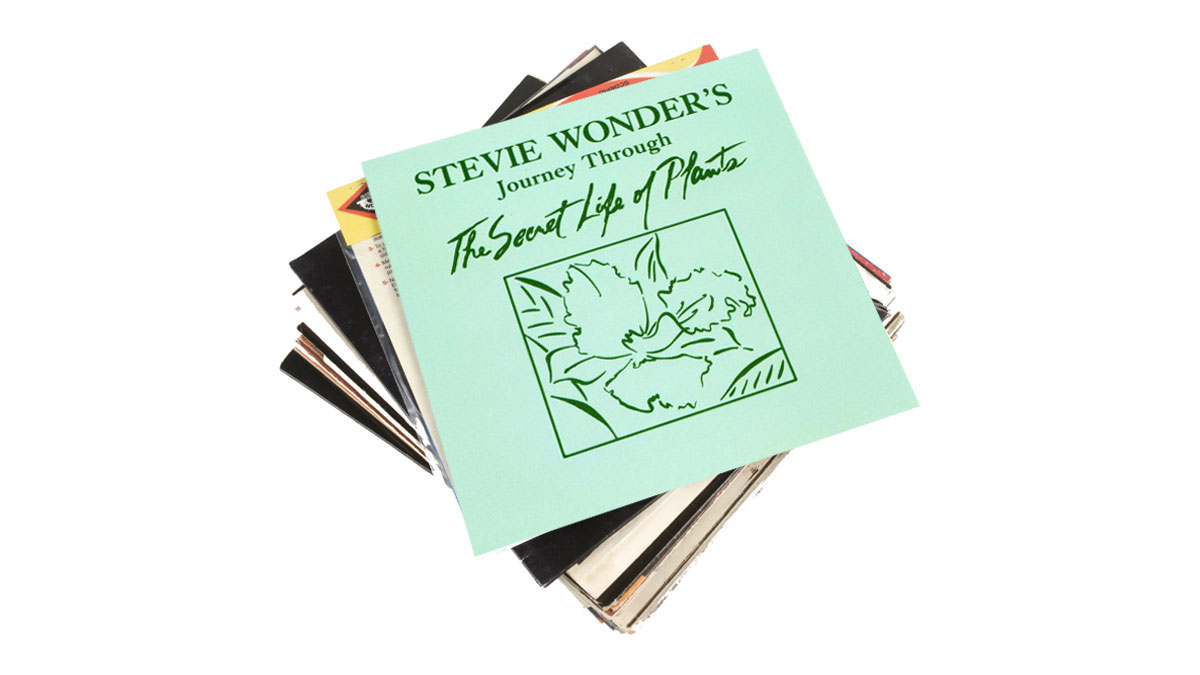
Stevie Wonder - The Secret Life Of Plants
“I remember when I was going through a very painful experience, musically. I’d just been recording Tales Of Topographic Oceans with Yes, which was an album that was opposite to a lot of things and, like, making a leap into the inconceivable, musically.
I put it on and, honestly - I’ve never told anyone this - but I sat down and cried
“I got sort of lost in there and, unfortunately, the reviews weren’t that kind and I understand. It’s one of those things that you do in your life and you think, ‘Oh, why did I do this, man?’
“Then somebody sent me an album of Stevie Wonder’s. It was The Secret Life Of Plants and I put it on and, honestly - I’ve never told anyone this - but I sat down and cried. And I’m thinking about crying now.
“It was like, ‘Oh god. Somebody thinks and makes music correctly - in the way that music should be and it’s part of your experience, part of your life’s challenge.’ It was like, ‘Go for it.’ And he did.
“People didn’t quite understand that album, but to me, it was life-saving. It was very, very special.”
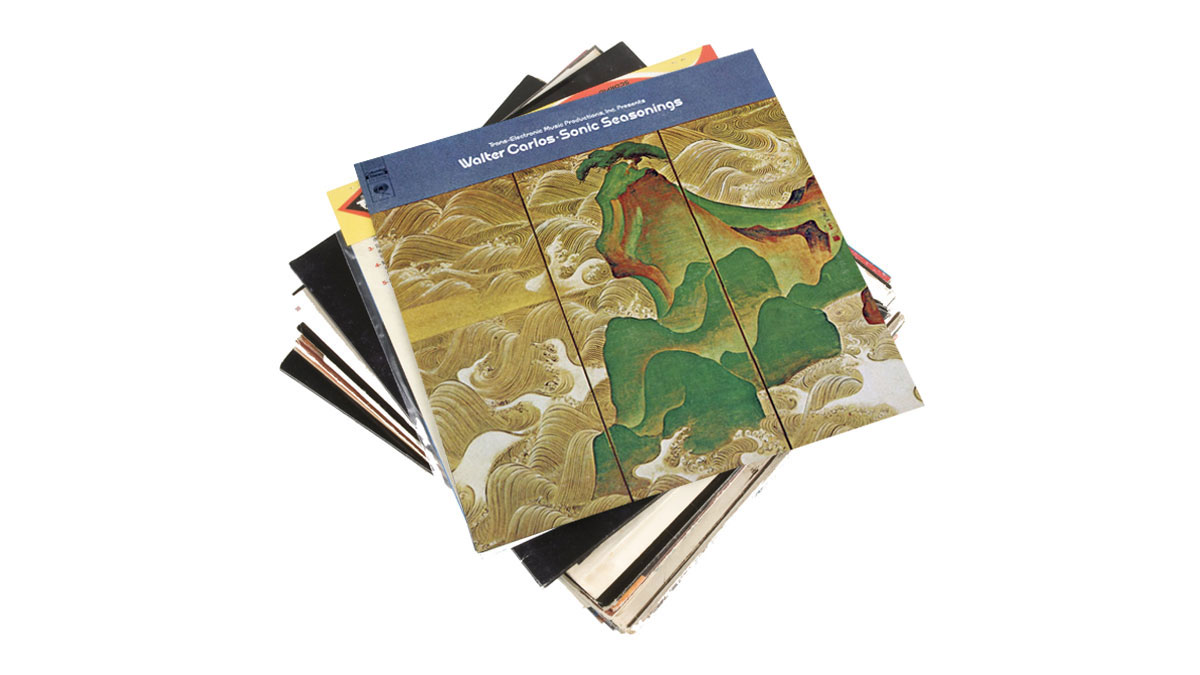
Walter Carlos - Sonic Seasonings
“Just before I was working on the idea of doing Topographic Oceans, I’d been listening to this album.
You’re hearing stuff that you know you will never hear played on the radio
“It was an electronic album and it was - still is - magic. I think it came out in 72 and Walter Carlos later became Wendy Carlos, who is still writing really revolutionary electronic music. Another one of my favourite people [from that scene] was Ilhan Mimaroglu with his album Wings Of The Demon.
“This is very, very specialised music. You’re hearing stuff that you know you will never hear played on the radio, ever. It’s just something that people create, because the creativity is the worth of doing.
“Mimaroglu is, like, serious, dangerous music! You’d put it on and you’d think things were flying around the room, coming out from underneath the room. It’s, sonically, so adventurous that you feel like you’re listening to surround sound!”
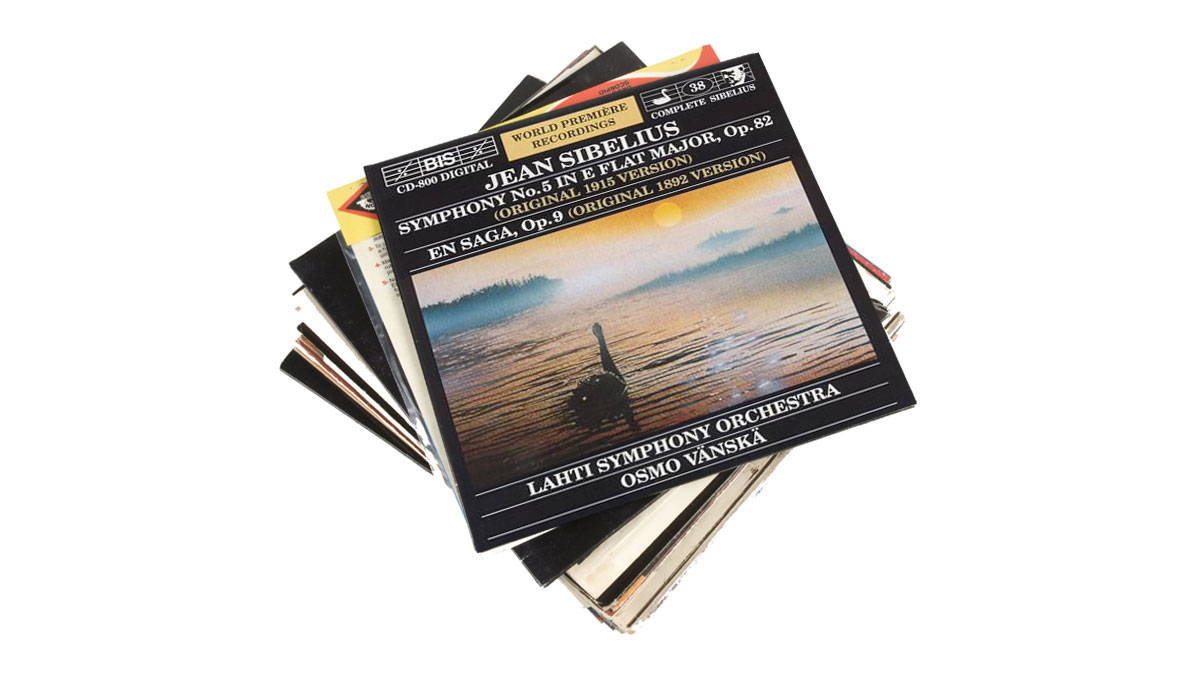
Sibelius - Symphony No. 5
“When I was on tour with Yes in the 70s, I couldn’t live without Sibelius with me.
Hearing the Fifth Symphony for the first time was like manna from heaven
“I had a little ghetto blaster in my suitcase and then the first Walkman so I could listen to Sibelius on the train, on the plane, or in the car travelling from A-B. I was in the zone for about three or four years, touring where I didn’t really want to deal with the pop star/rock star ‘go to the bar, get smashed’ every night. Sibelius grounded me for years.
“I remember hearing the Fifth Symphony for the first time and it was like manna from heaven. When I was listening to his music, I was reading Lord Of The Rings - and I’m a slow reader! So The Hobbit and Lord Of The Rings took me about three years in my backpack!”
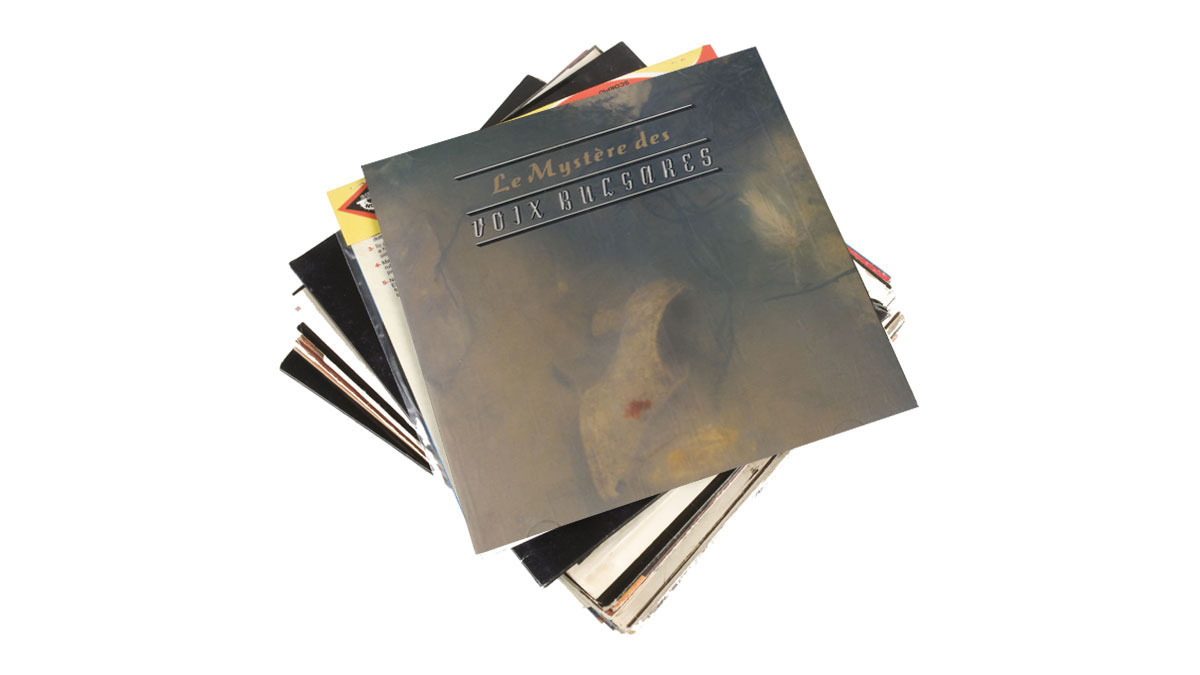
Bulgarian State Radio & Television Female Vocal Choir - Le Mystère des Voix Bulgares
“This was just one of those albums that I played forever. It’s a choir of singers in Bulgaria, produced toward the end of the 70s.
I remember hearing it and feeling a strange connection
“I remember hearing it and feeling a strange connection. I learnt quite a lot listening to that album over and over. You could put it on as the background to your day and just hear these voices that are so haunting.
“The harmonies are created by many people around the world, there are very similar harmonies. That’s when I got very deep into world music and Indonesian music and African music. It was the middle of the 70s and it became very interesting because there weren’t many recordings done of the classic world music until, well, Peter Gabriel came along.
“It was one the great breakthroughs to know that there was a world of music out there - not just Radio One.”
Jon Anderson and Jean Luc Ponty’s new album with The Anderson Ponty Band, Better Late Than Never, is released on 25 September.
Matt is a freelance journalist who has spent the last decade interviewing musicians for the likes of Total Guitar, Guitarist, Guitar World, MusicRadar, NME.com, DJ Mag and Electronic Sound. In 2020, he launched CreativeMoney.co.uk, which aims to share the ideas that make creative lifestyles more sustainable. He plays guitar, but should not be allowed near your delay pedals.
